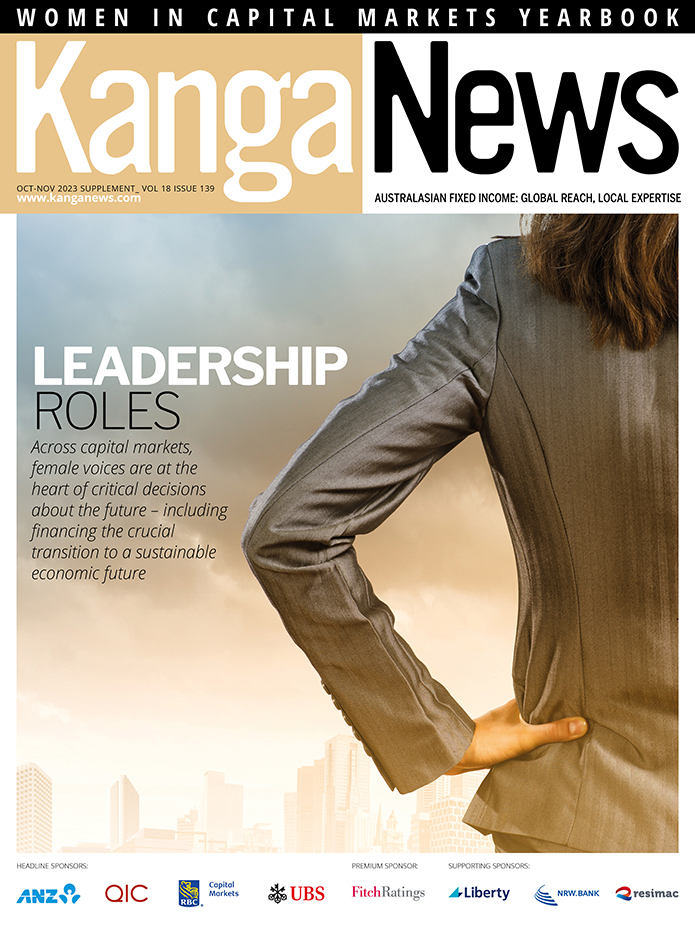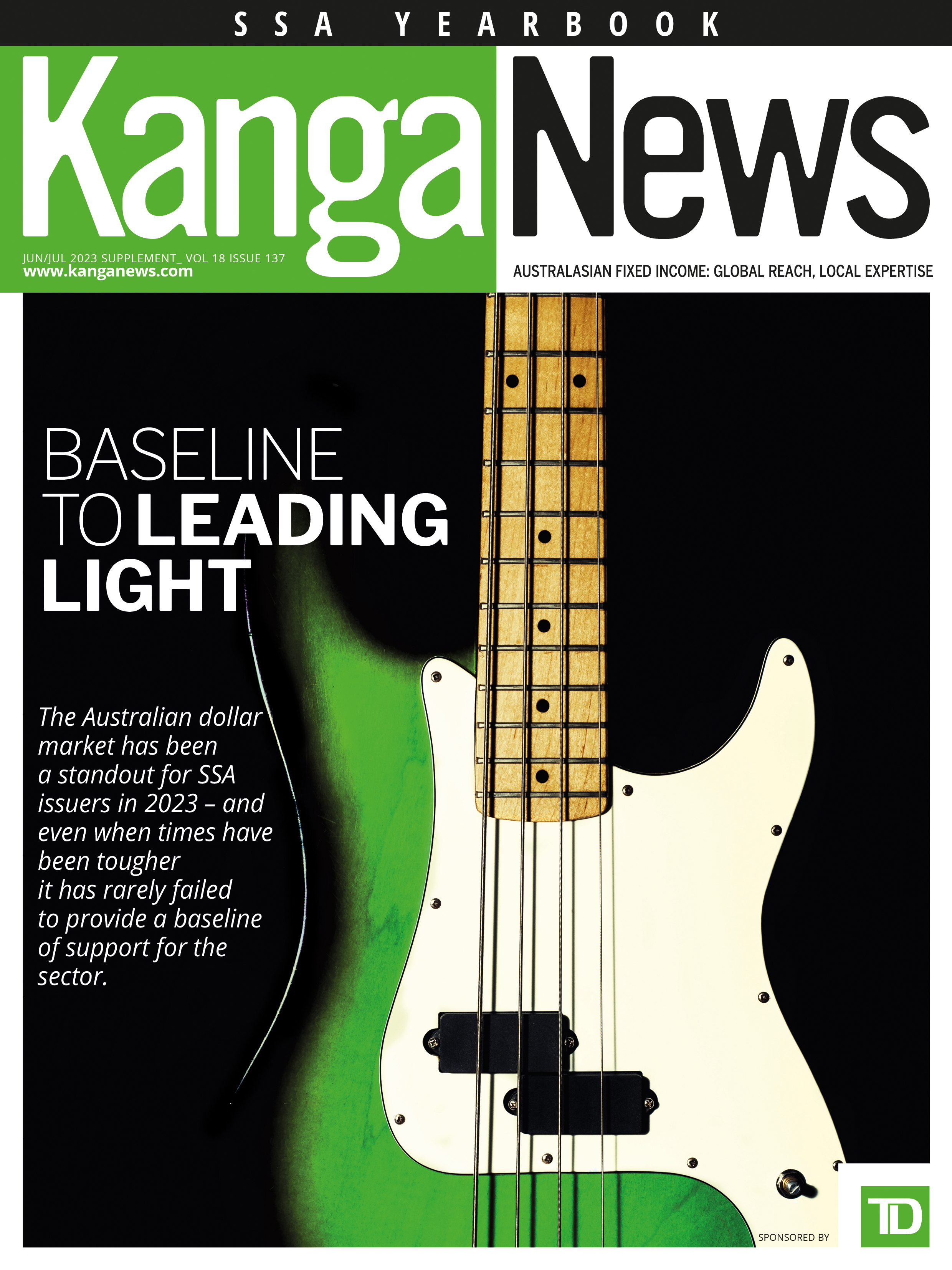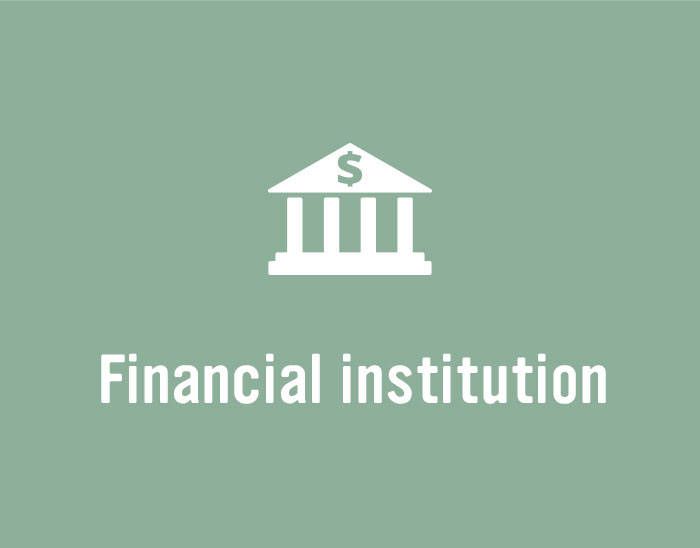
Banking on leadership
The bank treasury function typically remains a male-dominated realm globally – especially at executive level. TD Bank (TD)’s Toronto-based executive vice president, treasury, corporate development and strategic sourcing, Barbara Hooper, is an exception, providing the bank with experience and perspective on treasury, leadership and diversity that few other global institutions can count on.
Hooper has spent the vast majority of her three-decade working career at TD. She joined the wholesale bank and worked in various groups in TD’s fixed-income business. This included the securitisation group at a time when the industry was burgeoning in Canada. “The securitisation market was very new in Canada so it was an exciting time to be working in that space and to have had a part in developing the market,” Hooper says.
In 2006, she moved to TD’s corporate development group, where a busy period for mergers and acquisitions was underway. Hooper became well-versed in strategy and transactions, working closely on TD’s transformative acquisitions of Commerce Group and Chrysler Financial, as well as the Maple Group’s acquisition of TMX and TD’s sale of TD Ameritrade to Charles Schwab.
In 2015, Hooper took over leadership of TD’s treasury and has recently added the strategic sourcing group to her roster of responsibilities.
Hooper represents TD on the Canadian Bankers Association treasurer group, which liaises with the Federal Department of Finance, the Bank of Canada and the Office of the Superintendent of Financial Institutions on industry issues.
She was also part of the industry team that established the Canadian Business Growth Fund, designed to provide an independent, private-sector fund focused exclusively on the patient minority capital gap facing growth SMEs in Canada.
In 2018, Hooper was named as one of the Top 100 Women in Canada by the Women’s Executive Network, an accolade she says gives her a platform to help others. “The public recognition I have received has given me a wonderful opportunity to share my experiences with a larger circle of individuals, who in turn share within their own circles. This continues and propagates, and has the potential to reach more people than I could ever hope to reach on my own.”
PERSONNEL FOCUS
Hooper is one of the few female bank treasurers around the world and the only one among Canada’s major banks. For good reason, the treasury function typically has a heavy emphasis on technical skills. But Hooper says this can be to the detriment of an also-important focus on nontechnical skills such as leadership and relationship development.
Hooper brings a balance of technical know-how and people skills. “People management is a component of running a big-bank treasury department. You cannot focus on one or the other – the technical side is critical but so is investing in people and developing talent within the team.”
She continues: “Taking the time to listen to your team, understand their thought processes and find out what is important to them provides knowledge you would not get if you do not actively listen.”
The presence of female mentors in the workplace is something Hooper says would have allowed her to aim higher at the beginning of her career, and it is now a key focus of TD’s Women in Leadership initiative (see box).
Hooper explains that lack of female professionals to connect with meant the corporate world felt distant prior to and at the beginning of her career. “Early in my career it did not occur to me that I could advance beyond one or two steps from where I was at any given point. I believe some of this goes back to the stereotypical inclination or predisposition that women have to ‘check all the boxes’ on the job description, whereas men are typically known to apply for jobs without meeting many of the qualifications.”
Finding roles in supportive environments, with leaders that give constructive feedback, has been critical in Hooper’s career progress. Now in a leadership position herself, she says she has the opportunity to perpetuate the cycle to the benefit of women at the beginning of their careers. “At TD, positive feedback is very powerful. When others acknowledge your value you start to appreciate it more, which gives you the confidence to aim higher and thus to achieve more,” she comments.
Hooper is aware of her own responsibility to further this discussion, but also says it is incumbent on the workforce as a whole to drive progress. “If you do not see yourself represented, leadership is not likely to be a concept in your realm of possibility. As we continue to see the number of women in executive functions grow, my hope is that external pressure on the next generation of young female professionals will lessen.”
She summarises the advice she gives to young women: “Always aim higher, give yourself a stretch target and acknowledge the experience you will develop.”
TD's women in leadership
TD Bank (TD)’s Women in Leadership (WIL) initiative has been running since 2005, working to increase representation of women at senior levels and attract women to work in areas traditionally dominated by men. It is the bank’s largest employee network, with more than 15,000 members.
Barbara Hooper, executive vice president, treasury, corporate development and strategic sourcing at TD, says the bank has a longstanding commitment to diversity and inclusion as people are its greatest asset. “We have a responsibility to create an environment that values everyone’s unique contributions and reflects the communities we serve.”
Through WIL, TD is building a female leadership pipeline via informal and formal opportunities. One of these is its Allies for WIL programme, which brings together women and men from throughout the business to build career-development plans and strengthen networks.
Hooper adds that TD has also established compensation programmes and structures that are gender neutral and designed to achieve internal equity and fairness.
As a result, in 2020 and for the fourth year in a row, TD has been included in Bloomberg’s gender-equality index, which measures internal company statistics, employee policies, and external community support and engagement.
Hooper says the organisation has made great strides but has further goals for inclusivity and diversity in view. “It is important to acknowledge that there is so much more to do. Recent events in particular have put a spotlight on racial and LGBTQ2+ inequities. Our growth going forward will look at these intersectionalities so we can do our best to represent and champion all women, including those who identify as members of multiple groups.”
CRISIS PERSPECTIVE
The COVID-19 pandemic could be a boon for the advancement of women in the workplace. But it also brings challenges around people development in a virtual working environment, while research suggests it could have a disproportionate negative financial impact on women.
The economy-wide shift to working from home and other flexible working arrangements has served as a leveller for juggling domestic responsibilities with the workplace, where previously the burden of responsibility was primarily borne by women. This trend was already in place prior to COVID-19 but has undoubtedly accelerated in its wake.
Hooper says: “It is not uncommon – especially in the current environment of remote work – to have a colleague say ‘I can’t talk right now,’ or ‘I need 20 minutes,’ because of an at-home obligation. Whether it be kids, a partner, parents or pets, people are generally more comfortable discussing their personal lives and responsibilities.”
There are certainly positives to be gained from the COVID-19 pandemic, but also challenges inherent to the new working environment. Mentorship in particular is more difficult in a virtual setting that does not offer the same networking opportunities or informal interactions.
It will be important to ensure the recovery is as inclusive as possible and to support the career progression of women so they do not lose ground as a result of the pandemic.
FLEXIBILITY AND CULTURE
Hooper says it is important to ensure opportunities for flexibility in working arrangements remain while also maintaining culture within organisations – particularly where it pertains to career development and coaching.
“I think there is an opportunity to maintain this flexibility, if we are thoughtful and deliberate about what the workplace can look like as things transition back to a more normal environment. In the meantime, we will need to try to make sure employees are getting the same experiences and developing a professional network as they would in an office setting.”
There is a challenge also to ensure the economic recovery from the COVID-19 crisis is inclusive of female-dominated industries, particularly given the economic impact so far has been disproportionately on women.
Hooper explains: “The reality is that more women than men work in hospitality and retail, which means women are losing their jobs in greater numbers than men. From the personal and family perspectives, the pre-pandemic reality – in which women, on average, carried more unpaid housework and caregiving responsibilities than men – has only been augmented. It will be important to ensure the recovery is as inclusive as possible and to support the career progression of women so they do not lose ground as a result of the pandemic.

WOMEN IN CAPITAL MARKETS Yearbook 2023
KangaNews's annual yearbook amplifying female voices in the Australian capital market.

SSA Yearbook 2023
The annual guide to the world's most significant supranational, sovereign and agency sector issuers.










